An investigation is underway following a break-in at Frontier Residence Hall at the University of Minnesota during winter break.
On the night of Dec. 23, three individuals forced open the residence hall’s front door at 701 Fulton St SE and entered the building, according to Director of Housing and Residential Life Susan Stubblefield.
The University’s Department of Public Safety did not issue a SAFE-U alert because the building was closed with no students living there at the time of the incident. A University spokesperson said the break-in did not meet published criteria for when to send out a SAFE-U alert
Katie Ousley, University internal communications and public relations strategist, said the implemented locking mechanism on the door seemed to have been ripped out, and the door was forced open.
Though it appears nothing was stolen or substantially damaged, Stubblefield said the total cost of damage for both the implemented lock and the front door will not be known until the investigation is resolved.
Frontier Hall resident Henry Molhoek said he was shocked to hear of the break-in, given the significant security measures already implemented in the building. Students must scan their U-Cards once to enter the building and again to enter the living areas.
Stubblefield, who has been at the University for 30 years, said security incidents like this happen very rarely in residence halls, and that this incident is more unique than most.
“It’s a bit of a mystery, the breaking-in of the building,” Stubblefield said. “There wasn’t significant damage done, so it’s difficult to know what the motive was.”
The individuals’ connection to the University is also unknown, Stubblefield said, adding further difficulty to the investigation.
Molhoek said the building was likely easier to break into when few people were there, and he still feels safe living in Frontier.
External cameras outside buildings as well as maintenance of overall safety mechanisms help to ensure the safety of those on campus, Stubblefield added, though they do not always prevent unique events like this.
“When we have individuals who come to cause problems, they keep strategizing around our strategy,” Stubblefield said.
Despite this, Stubblefield said she is confident in the strength of University infrastructure. The University regularly maintains and implements enhancements to its security measures to ensure community safety to the greatest extent possible.
Campus Safety Coalition Board Member Erin Brumm said University administration has done a great job of being receptive to safety issues on campus.
Residence halls should be the safest places on campus, according to Brumm.
“Students should always feel safe in their home,” Brumm said. “People that don’t live in those dorms that shouldn’t be there, shouldn’t be there.”
Stubblefield said the University employs a “three-fold approach” to safety and security for the University’s residential communities, which involves building infrastructure measures, staff presence and education to residents.
The mass addition of locks on bathroom doors in several residence halls last academic year was very successful in increasing student feelings of safety in the residence halls, Stubblefield said.
“That’s very expensive to do but very necessary,” Brumm said.
Additionally, Stubblefield said Safety Month in September and Safety Week in April encourage students to increase their awareness of what they can do to ensure their safety on campus.
“Certainly, student safety and security in our residence halls is of utmost importance to us as a department and as a University,” Stubblefield said. “We are continuing to enhance a number of things that we do for students.”
Correction: The original version of this article misstated which University group sends out SAFE-U alerts. The University’s Department of Public Safety sends those alerts. Additionally, Susan Stubblefield’s correct title is Director of Housing and Residential.










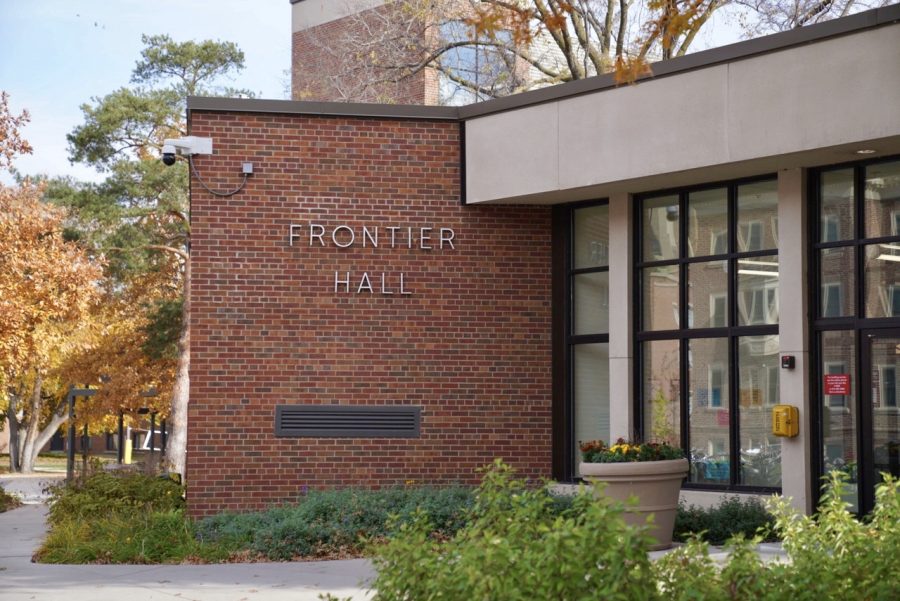
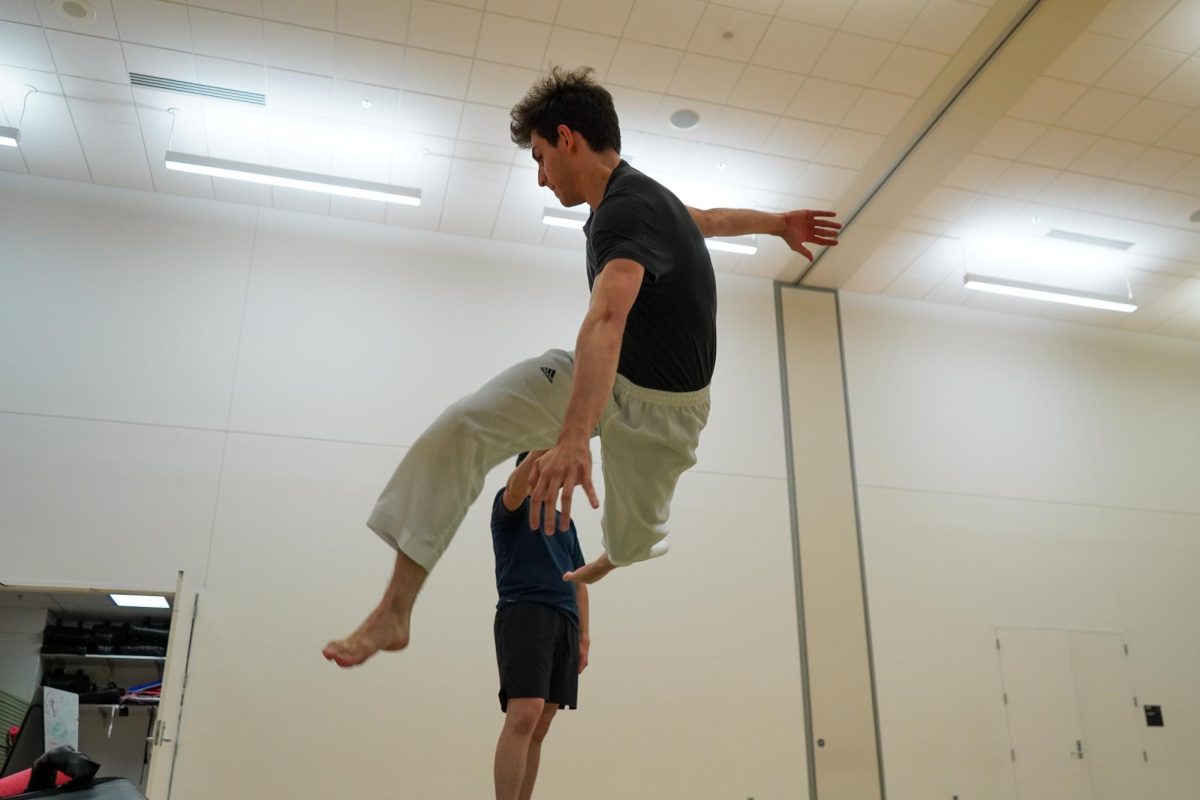
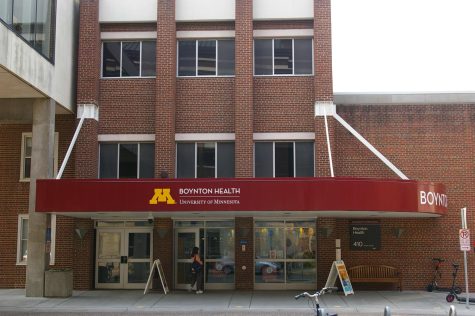
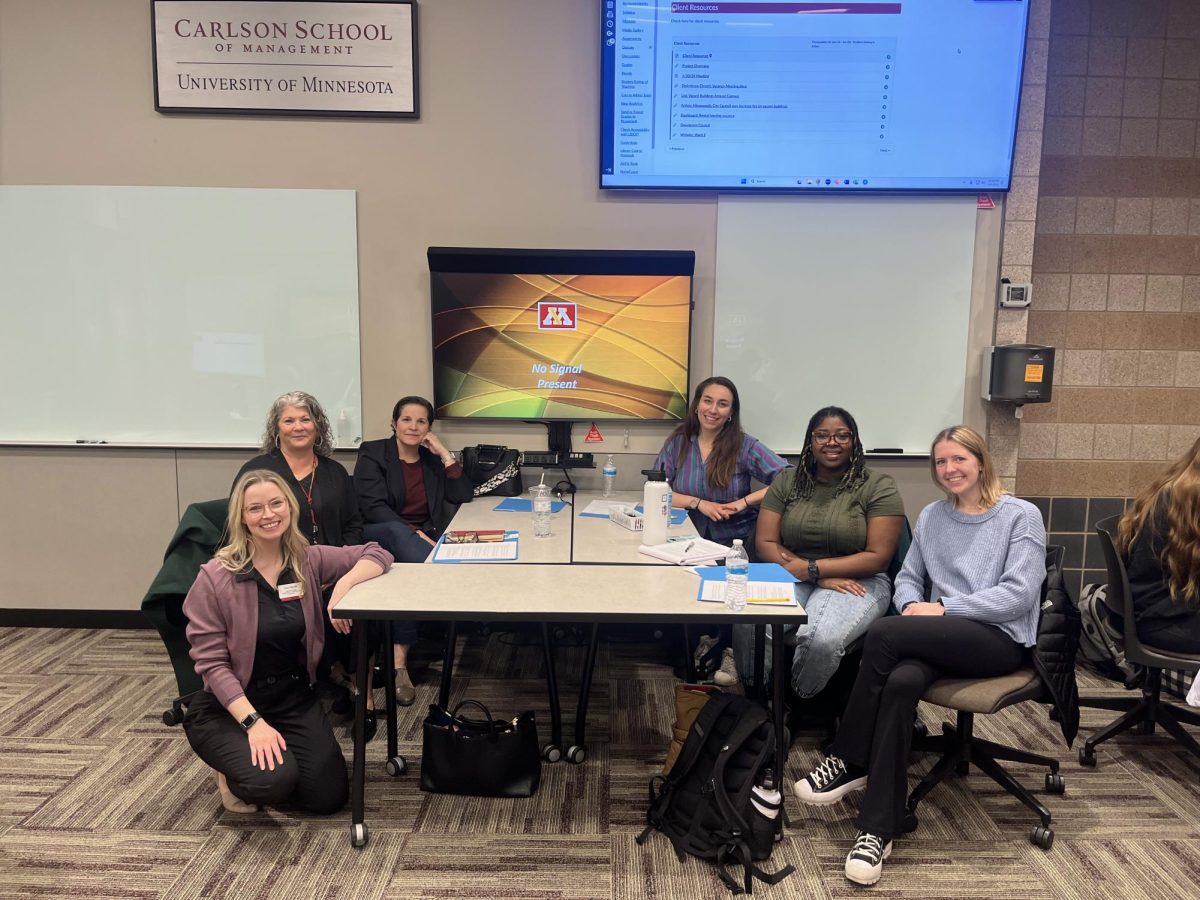
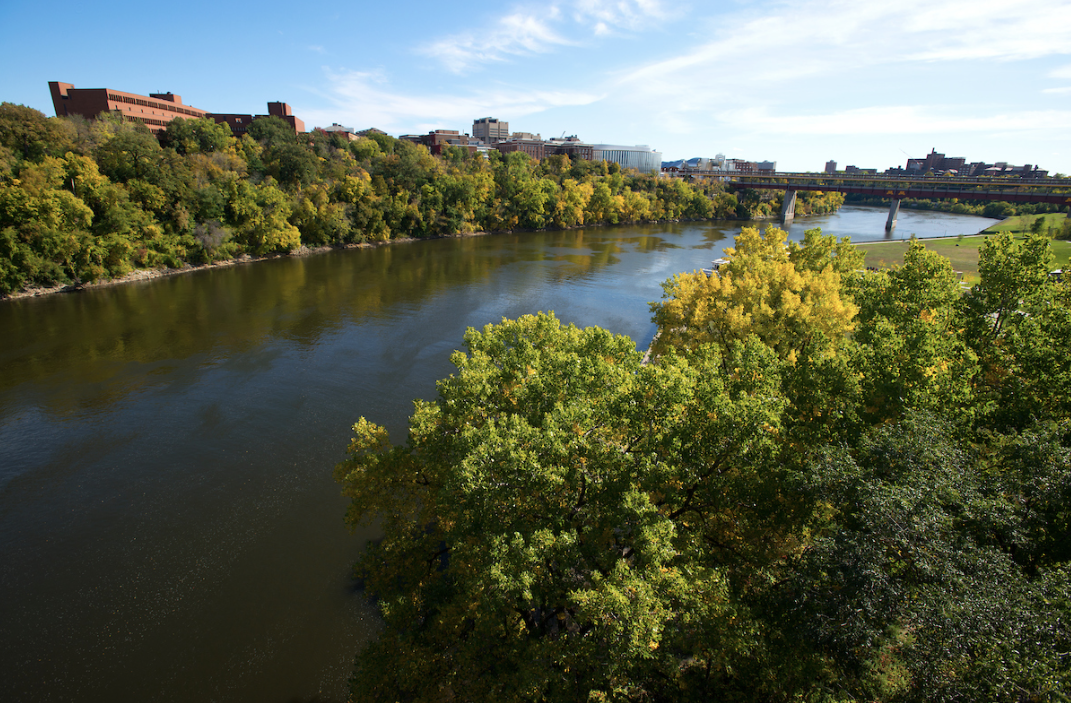
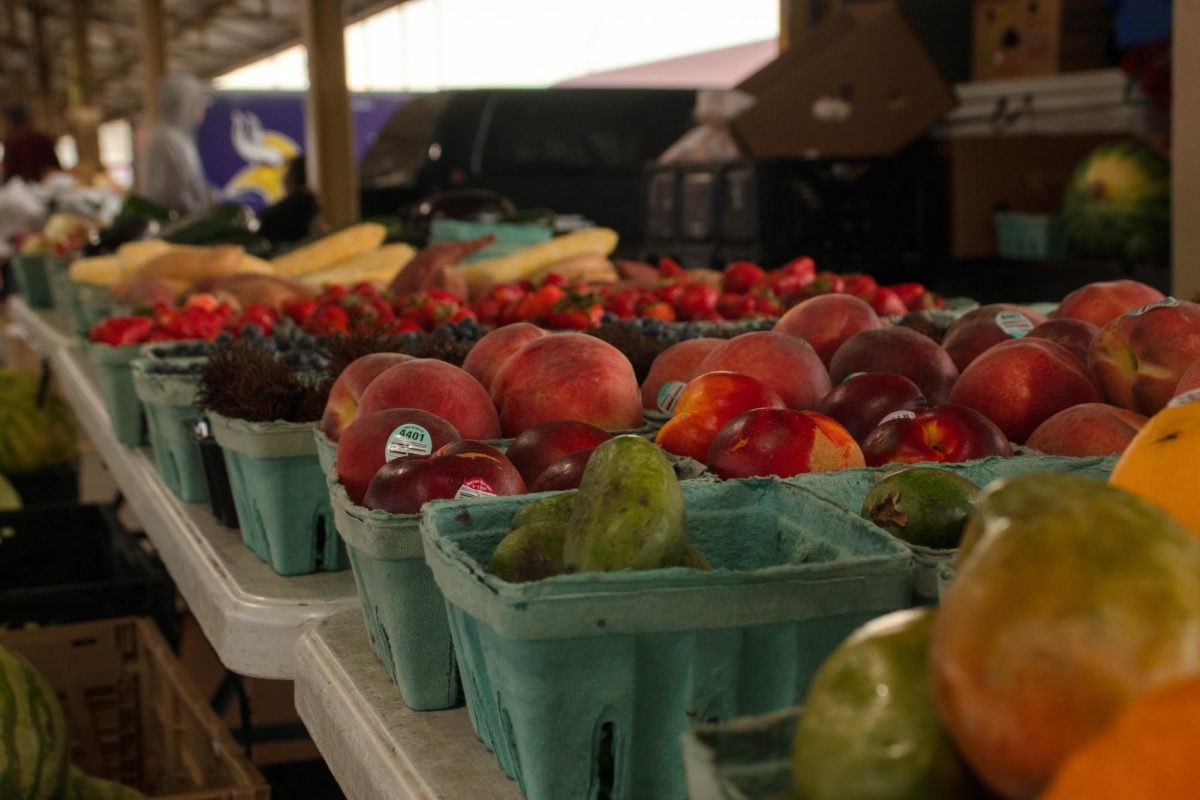
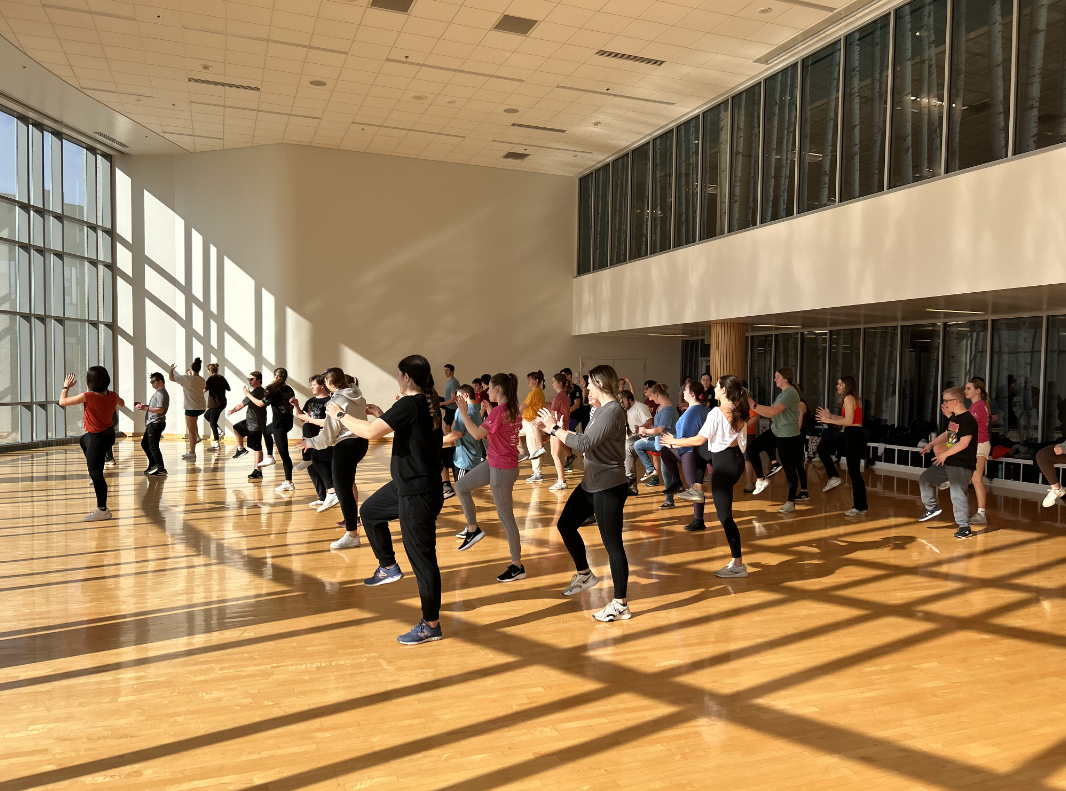
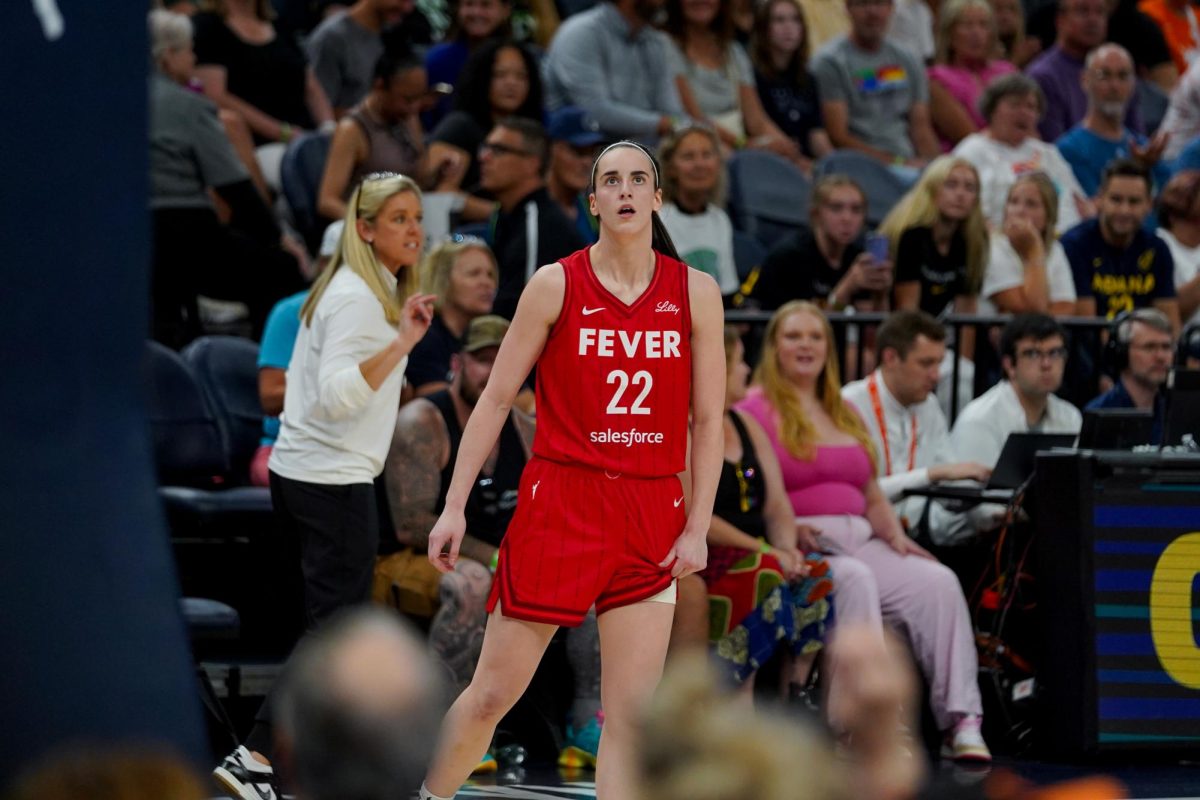
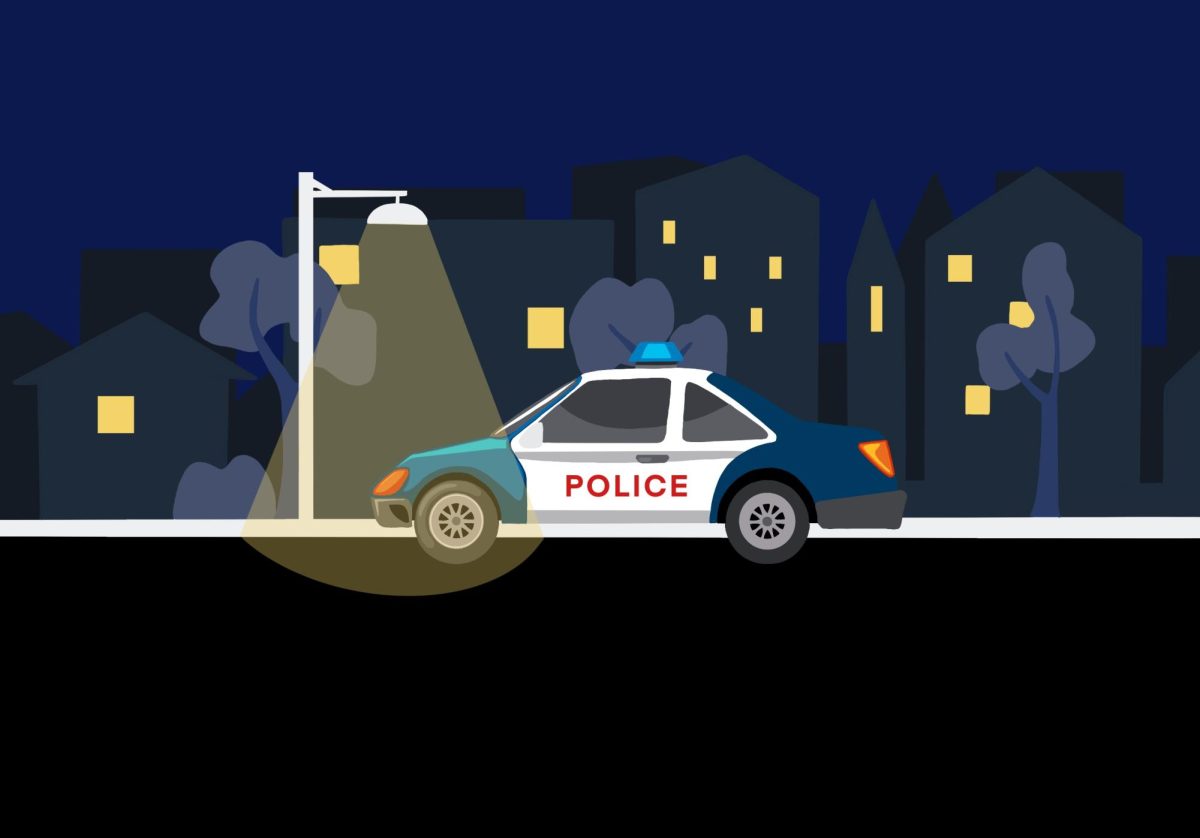
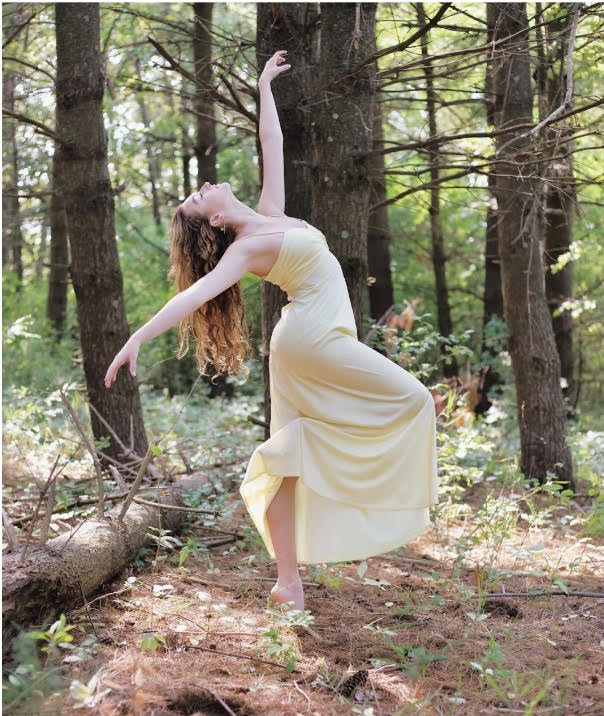
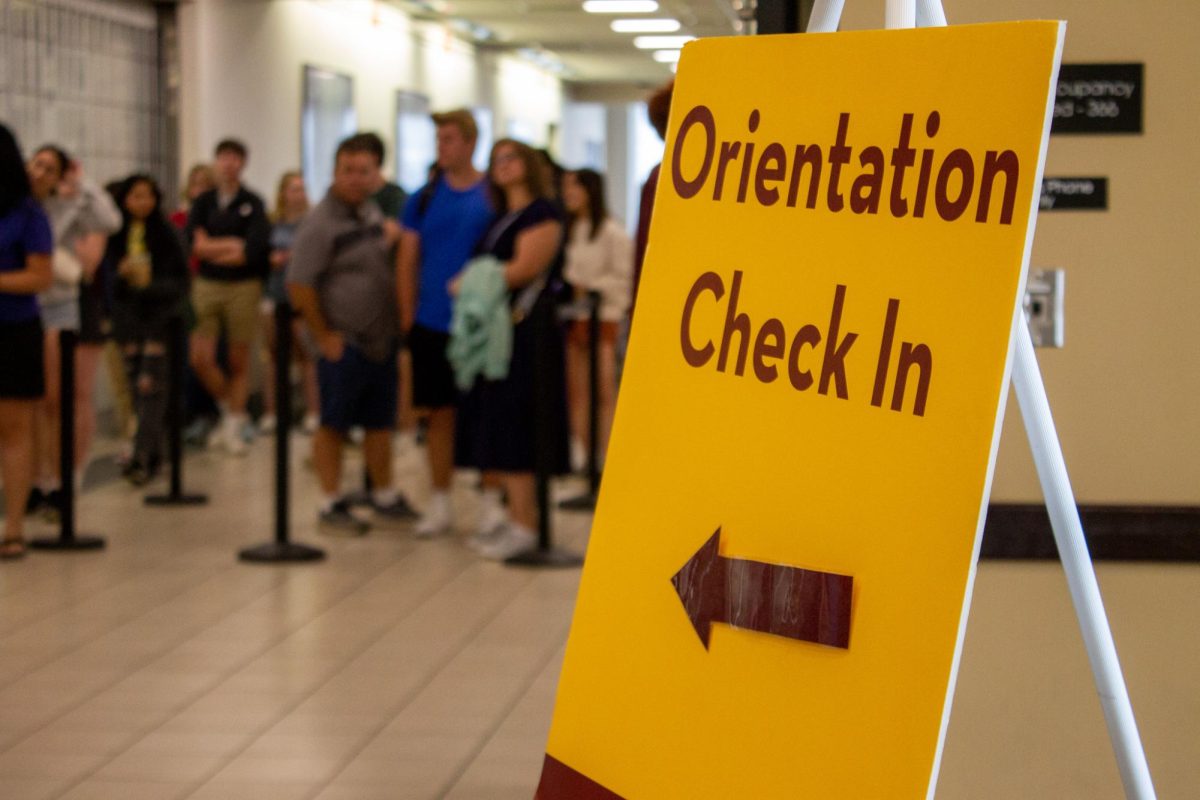

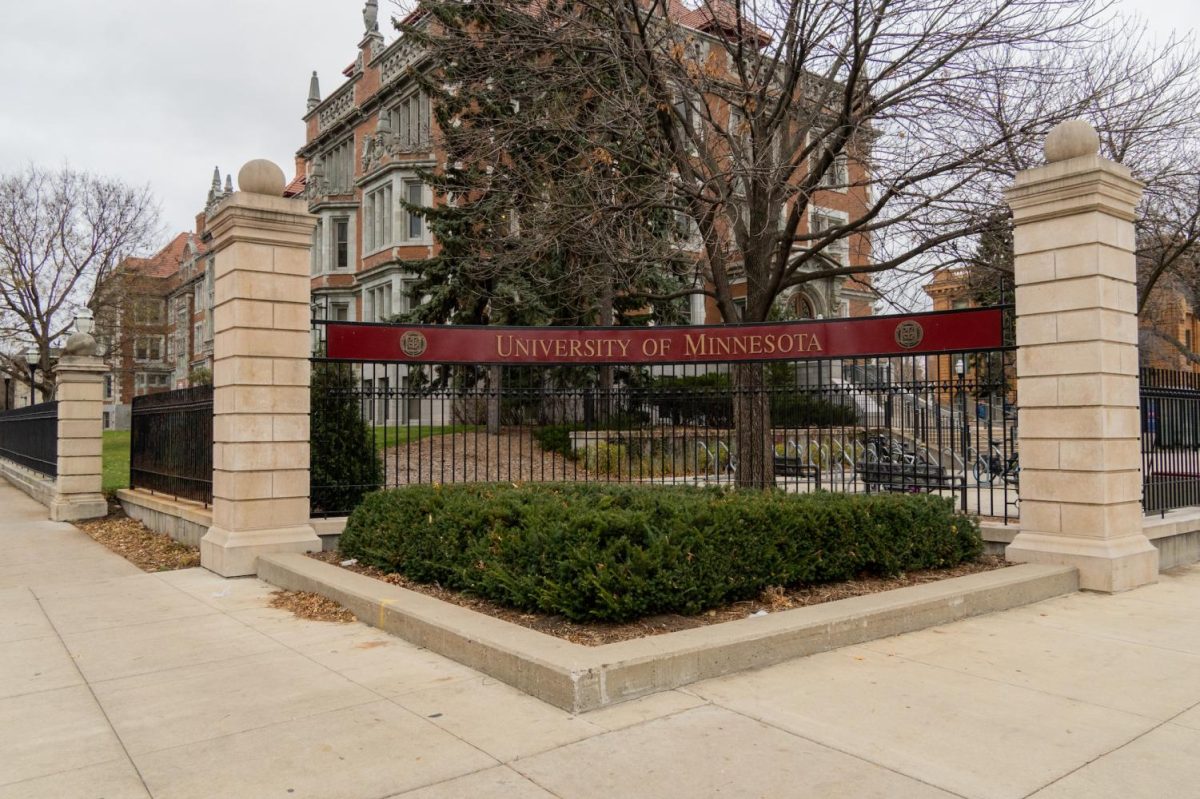




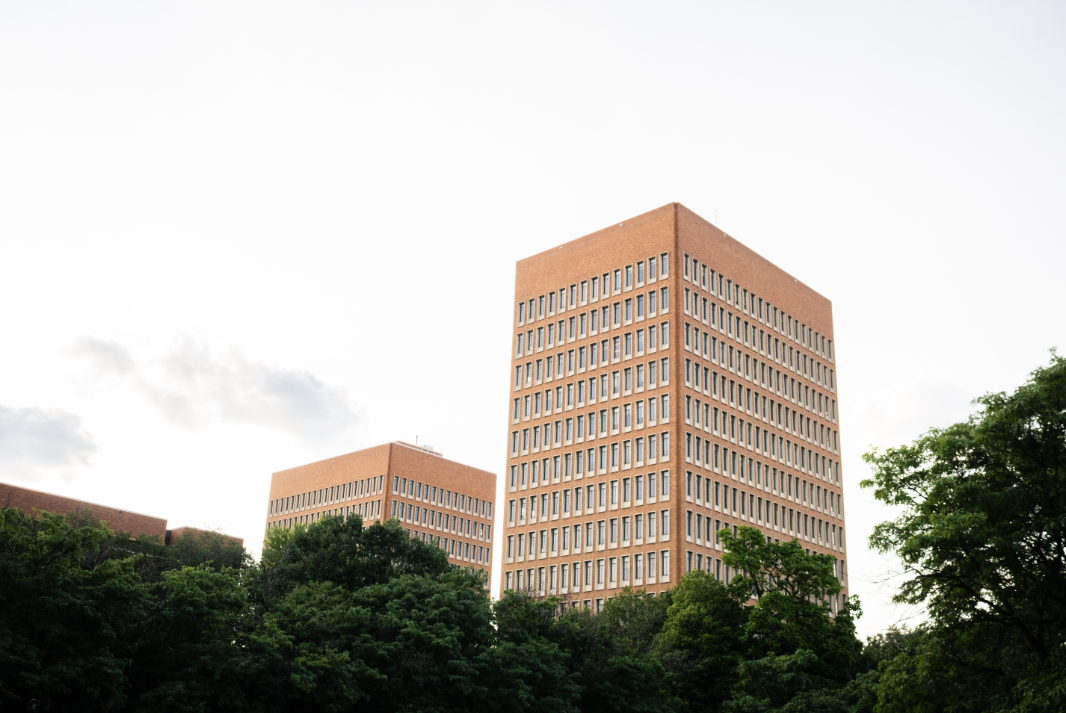
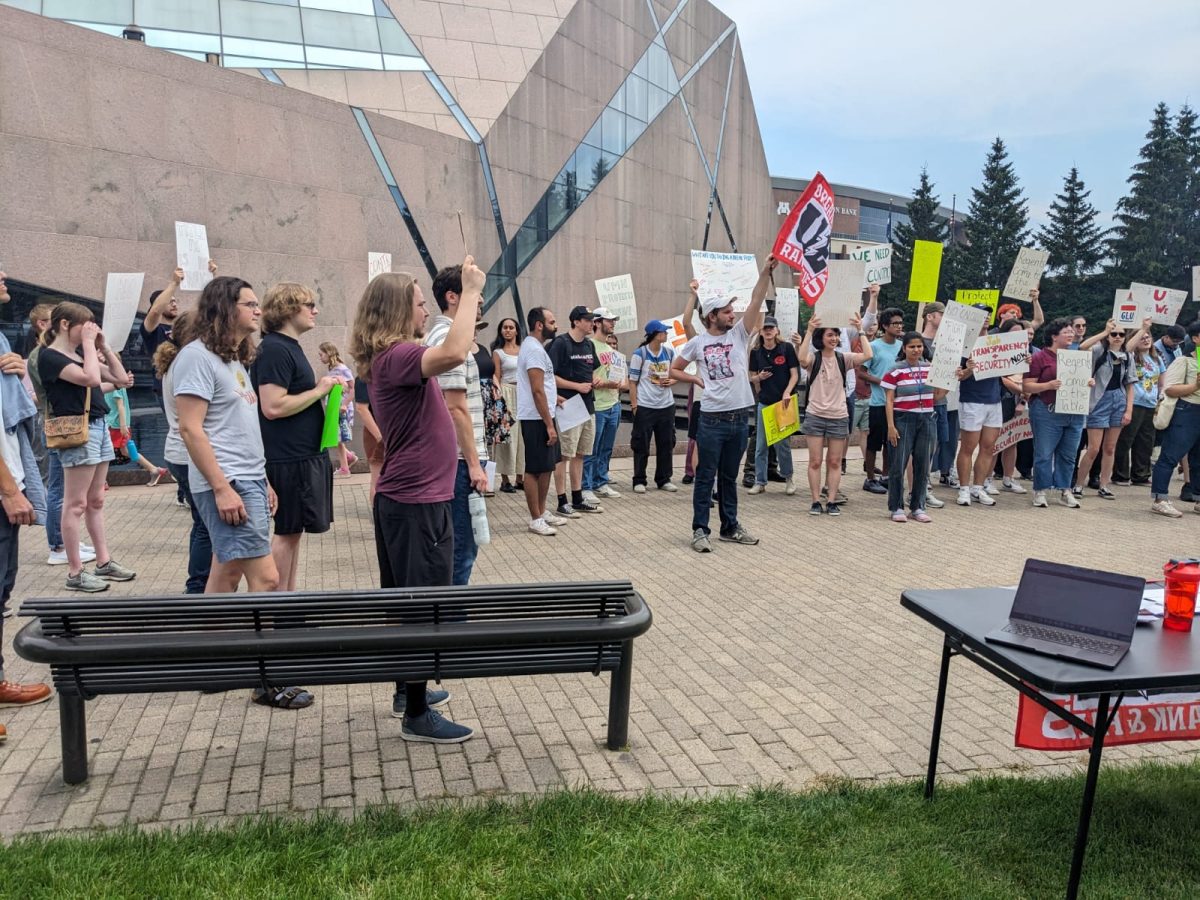

CTR
Feb 2, 2024 at 1:17 pm
Residence halls have not been secure for years. In 2018, my ground-level window was targeted with a cinder block which landed on the other side of the room. Were my bed not lofted and in a slightly different position, I would have been struck. To this day I still regret not pursuing legal action against the University for this lack of security. I hope something is done for the residents at Frontier so they can sleep at night.